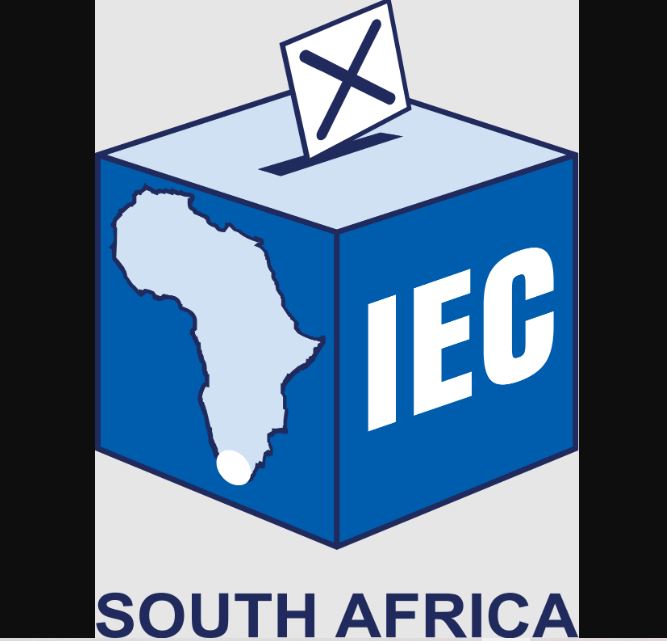The announcement of general election results is a critical event in any democracy, marking the culmination of the electoral process and determining the political leadership for the next term. The Independent Electoral Commission (IEC) plays a pivotal role in ensuring that this process is transparent, efficient, and credible. Understanding when and how the IEC announces general election results can help voters, candidates, and other stakeholders navigate the post-election period with confidence.
ALSO READ: How To Check IEC By-Elections 2021 Results South Africa?
The Electoral Process Timeline
- Election Day: The day on which the electorate casts their votes is the most crucial part of the electoral process. Polling stations open early in the morning and close in the evening, giving voters a specific window to exercise their democratic right.
- Counting Votes: Once the polls close, the counting process begins. This involves the meticulous tallying of ballots at various counting centers. Depending on the size of the electorate and the complexity of the voting system, this process can take several hours to several days.
- Verification and Auditing: To ensure the integrity of the election, the IEC conducts rigorous verification and auditing procedures. This includes cross-checking figures, validating results from polling stations, and addressing any discrepancies or complaints.
Timeline for Announcing Results
The timeline for announcing general election results can vary based on several factors, including the size of the electorate, the complexity of the election (e.g., the number of candidates and positions being contested), and the efficiency of the counting and verification processes. However, the IEC generally follows a structured timeline:
- Preliminary Results: Preliminary results are typically announced within 24 to 48 hours after the polls close. These results provide an initial indication of the election outcome but are not final. Preliminary results are based on early counts and may be subject to change as more data becomes available and is verified.
- Final Results: The final, official results are usually announced within a week of the election day. This period allows the IEC to complete the counting process, conduct necessary audits, and resolve any disputes or irregularities. The final results are announced in a formal ceremony, often attended by media, political parties, and observers.
Factors Influencing the Announcement Timing
Several factors can influence the timing of election result announcements:
- Voter Turnout: Higher voter turnout can extend the counting process as more ballots need to be processed.
- Geographical Considerations: In countries with large or difficult-to-access regions, the transportation of ballots and the communication of results from remote areas can take additional time.
- Technological Infrastructure: The use of electronic voting systems and advanced counting technologies can expedite the process, while reliance on manual counting can slow it down.
- Legal Challenges: Disputes or challenges to the results can delay the final announcement. The IEC must address these issues transparently and in accordance with the law to maintain public trust in the electoral process.
The Role of Transparency and Communication
Transparency and effective communication are crucial throughout the result announcement process. The IEC typically provides regular updates to the public and stakeholders, detailing the progress of the counting and verification processes. Press briefings, official statements, and updates on the IEC’s website and social media channels are common methods of keeping everyone informed.
By maintaining transparency, the IEC helps to ensure that the electoral process is seen as fair and legitimate. Clear and timely communication also helps to manage public expectations and prevent the spread of misinformation or unfounded speculation.
Conclusion
The announcement of general election results by the IEC is a well-orchestrated process designed to ensure accuracy, transparency, and credibility. While the timeline can vary based on numerous factors, the IEC’s commitment to a structured and transparent process helps to uphold the integrity of the democratic system.
Image Courtesy: WikiMedia
